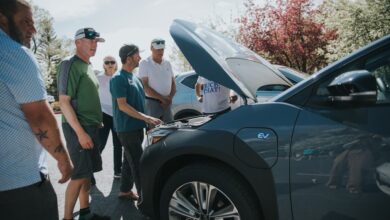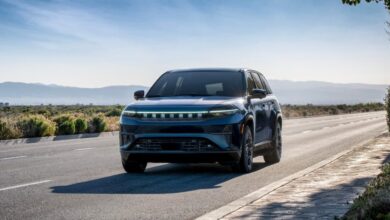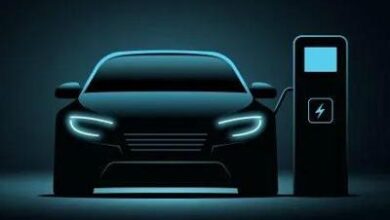Factorial delivers 106+ Ah solid-state cells to Mercedes-Benz
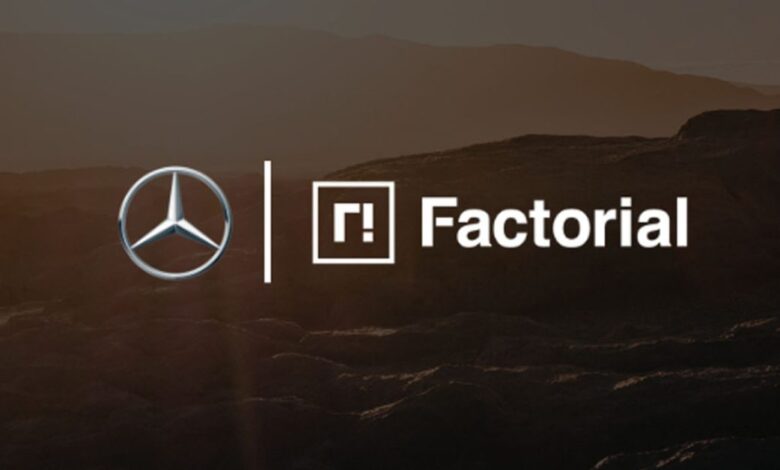
Seven months after shipping out A-samples of its 100+ amp-hour (Ah) solid-state battery cells to automotive partners, Factorial Inc. is sending more energy-dense B-samples to Mercedes-Benz. Through a joint development agreement with Factorial, Mercedes will further validate the next phase of solid-state batteries, moving one step closer to integration in future passenger EVs.
Factorial Inc. is a solid-state battery developer based in Massachusetts that specializes in energy-dense cell technology for EV applications. For years, we’ve been following the progress of its flagship product, the 100 Amp-hour (Ah) Factorial Electrolyte System Technology (FEST) solid-state cell, as the company continues to push forward to scaled integration with automotive partners.
Factorial’s battery technology has been cleverly designed to be compatible with existing lithium-ion battery manufacturing equipment, enabling automakers to transition the next-generation lithium-metal cells more seamlessly.
The solid-state cells have already been UN-certified, and A-samples began being shipped out to OEM partners in October of 2023. Factorial is expanding cell development and production at a brand-new facility in its home state, and this past April, it announced a memorandum of understanding with battery veteran LG Chem to expedite the process.
Today, Factorial has announced another key milestone: it will deliver its next wave of solid-state samples to its development partner and notable automotive name, Mercedes-Benz.
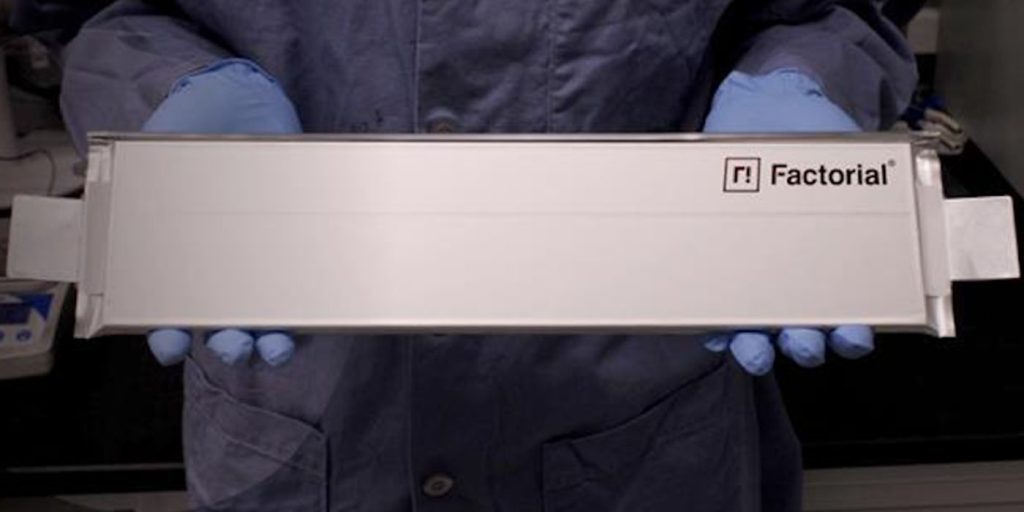
Mercedes to further validate Factorial’s solid-state cells
Per Factorial Inc., its lithium-metal B-sample solid-state battery cells have successfully been delivered to Mercedes-Benz as part of an ongoing joint development agreement. Factorial states this is the world’s first (announced) B-sample shipment of solid-state battery cells to a global automotive OEM.
Factorial delivered over 1,000 100+Ah solid-state cells to Mercedes-Benz as part of the aforementioned A-sample phase. Today, it is touting its B-sample delivery as another critical milestone, arguing its case as a key provider of solid-state technology to leading automakers exploring next-generation batteries and demonstrating its ability to produce the cells at high volume. Factorial co-founder and CEO Siyu Huang elaborated:
We are thrilled to advance to the B-sample phase and to mark this milestone with a global automotive leader like Mercedes-Benz. This swift progression from A-sample to B-sample delivery in under a year highlights Factorial’s rapid innovation capabilities and we continue to push the envelope to accelerate the adoption of solid-state batteries in the automotive sector. As a U.S. cell maker, we believe our high energy density cell will help build more efficient and sustainable vehicles that will set new standards for electric vehicle range, cost and performance globally.
With the slightly more energy-dense B-sample solid-state cells in its possession, Mercedes will integrate them into EV modules and battery packs for extensive testing and optimization, with hopes to one day offer them to consumers in passenger vehicles. Chief technology officer and member of the board of Management at Mercedes-Benz Group AG, Markus Schäfer, also spoke:
We are committed to leading in innovative battery technologies, and our partnership with Factorial is a significant part of this strategy. These B-sample batteries give us the opportunity to further validate this next-generation battery technology with the goal of enhancing range and performance, reducing overall vehicle costs, and offering the most desirable electric vehicles to our customers.
In addition to validating the next wave of solid-state cells, Mercedes said it will monitor Factorial’s supply chain and manufacturing processes to ensure genuine scalability should the German automaker pursue future vehicle testing and a rollout to the EV market.
Factorial also has joint development agreements with Stellantis, Hyundai Motor Company, and Kia Corporation. There is no word on if and when those other OEMs will see the B-sample cells, but we expect them also to explore the plausibility of integration in their respective EVs.
FTC: We use income earning auto affiliate links. More.
